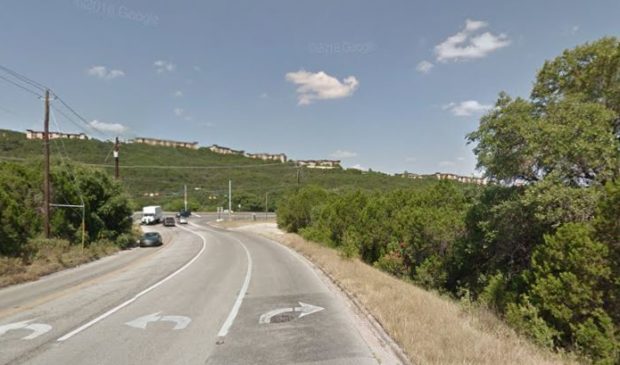Council approves Champion tract deal
Friday, February 16, 2018 by
Jack Craver By a one-vote margin, City Council on Thursday gave its blessing to the controversial Champion development.
Mayor Steve Adler, along with Council members Greg Casar, Pio Renteria, Delia Garza, Jimmy Flannigan and Ellen Troxclair, voted to approve an amendment to a 20-year-old settlement agreement involving a large tract of land in Northwest Austin.
The amendment was approved by Council in late 2016, but opponents of the project sued, arguing that the city had not properly notified the public of the Council vote. A judge agreed and struck down the vote, forcing Council to take up the matter again. Earlier this month, Council voted to postpone action on the matter.
By voting in favor of the amendment, Council is allowing a 300-unit residential development to go forward, to the chagrin of many nearby residents who have vehemently opposed the project, which they say threatens an environmentally sensitive area.
Ten percent of the units of the development will be reserved for those at or below 80 percent of the median family income.
“I’m glad it’s over,” said Richard Suttle, the agent for the developer.
As soon as the zoning case came up, Adler asked for a motion to approve. Council Member Alison Alter, whose district includes the tract, instead said she would like to move to deny approval. Adler replied that that motion was out of order; Alter should just vote against the motion to approve, he said.
Later, Alter voiced her displeasure with the mayor’s rejection of her motion. She asked the neighbors opposed to the project to recognize that she had done what she could to block its approval.
“I’m sorry that this journey has been so bizarre,” she said, addressing the several dozen residents who showed up at Council to oppose the deal.
Alter also noted that there is another case involving another part of the Champion tract coming to Council in two weeks. Suttle is also representing the owner on that case, who is seeking a zoning change to build a neighboring commercial project.
Mayor Pro Tem Kathie Tovo said that she had been “torn” on the case, recalling that she had voted to approve the amendment when it came up in 2016. This time around, however, the Environmental Commission weighed in on the project, voting 7-2 that the amendment was not “necessarily environmentally superior” to the entitlements included in the original settlement.
Council Member Leslie Pool passionately denounced the amendment and said that the threat of a lawsuit from the developer would not change her vote.
If there is going to be a legal battle, said Pool, “I’m going to be on the side fighting with the neighbors and against the developers.”
Carol Lee, a longtime activist and resident of the area, accused Adler of “belittling” the work done by the Environmental Commission and said that other Council members had made up their minds to support the zoning change, regardless of the facts.
Lee also pushed back on the idea that the case had to be voted on again due only to a technicality. Property owners had not received information about a number of key environmental waivers and variances, she said.
“Citizens deserve to be informed of what actions you are considering taking,” said Lee.
None of those supporting the amendment spoke in favor. After the roll call vote, Pool repeatedly shook her head in disappointment.
Alter told the Austin Monitor that there might be litigation from the neighbors challenging the zoning.
Moments after the vote, the Lake Austin Collective, a group of neighbors opposed to the project, released a statement claiming that the group has been in talks with another property owner who is willing to buy the tract and put on it a far smaller development: 120,000 square feet compared to 300,000 square feet.
Of course, it’s far from clear whether the current owner of the tract, 2222 Cap Texas LCC, is interested in selling to another developer.
The Austin Monitor’s work is made possible by donations from the community. Though our reporting covers donors from time to time, we are careful to keep business and editorial efforts separate while maintaining transparency. A complete list of donors is available here, and our code of ethics is explained here.
You're a community leader
And we’re honored you look to us for serious, in-depth news. You know a strong community needs local and dedicated watchdog reporting. We’re here for you and that won’t change. Now will you take the powerful next step and support our nonprofit news organization?







